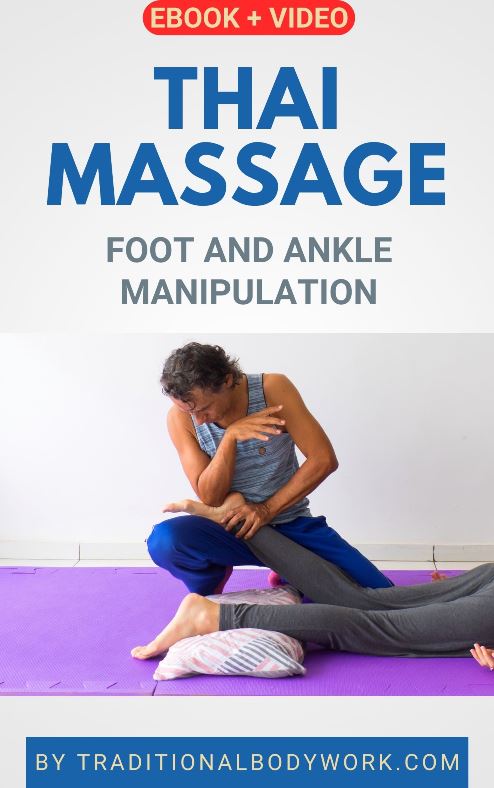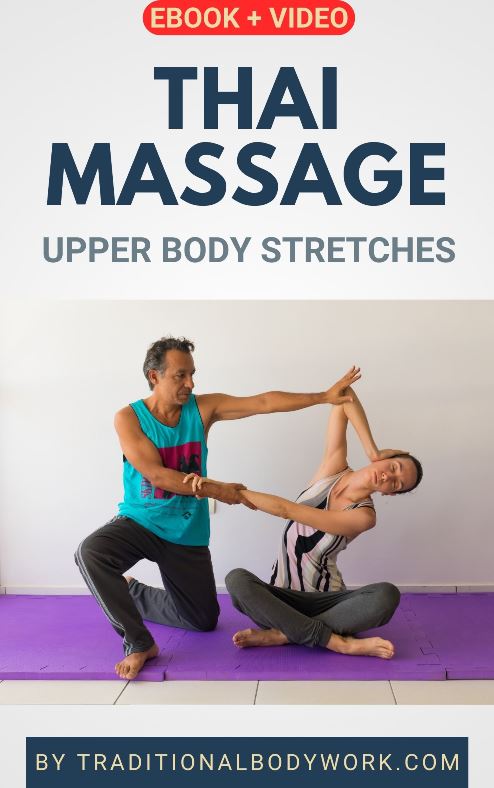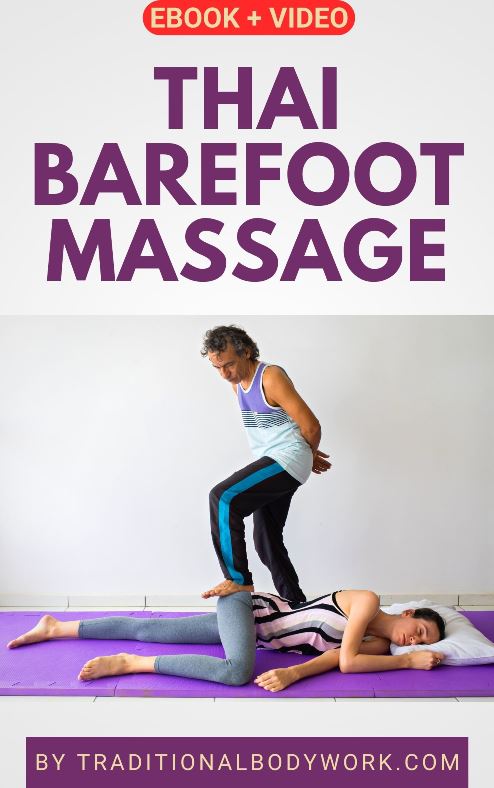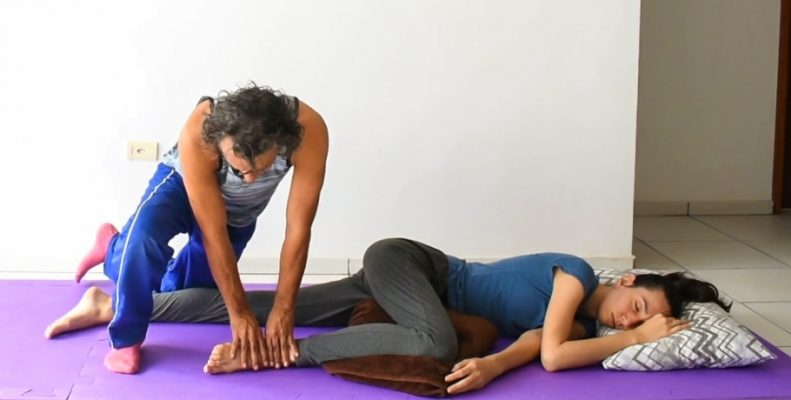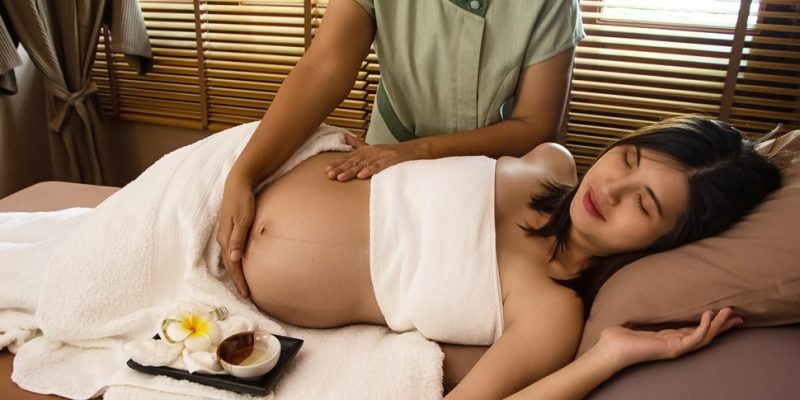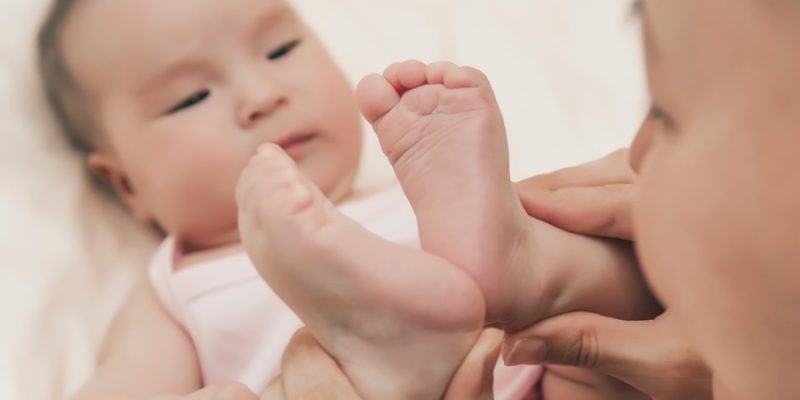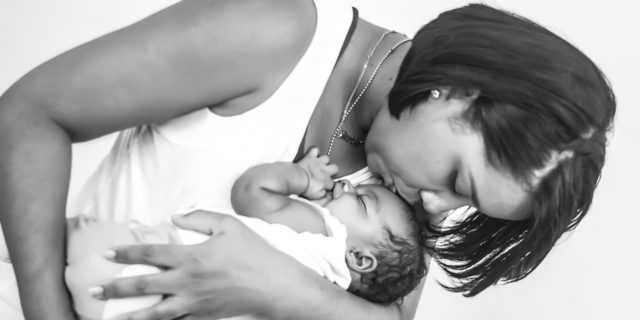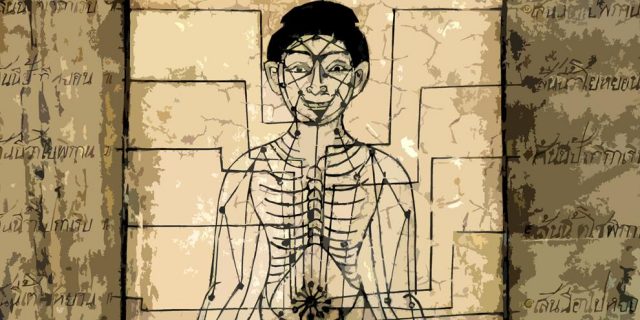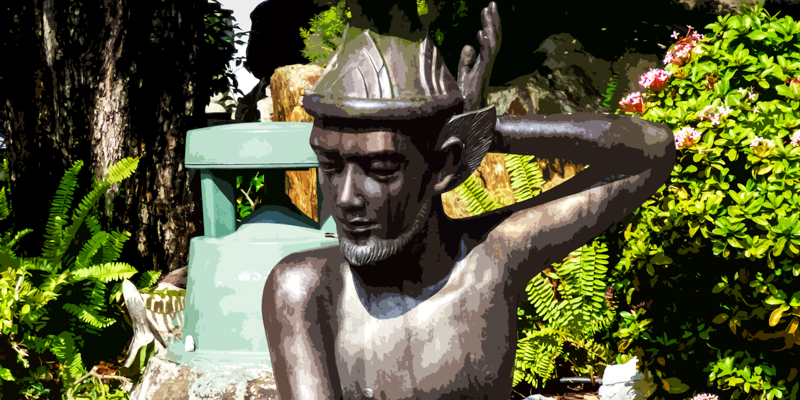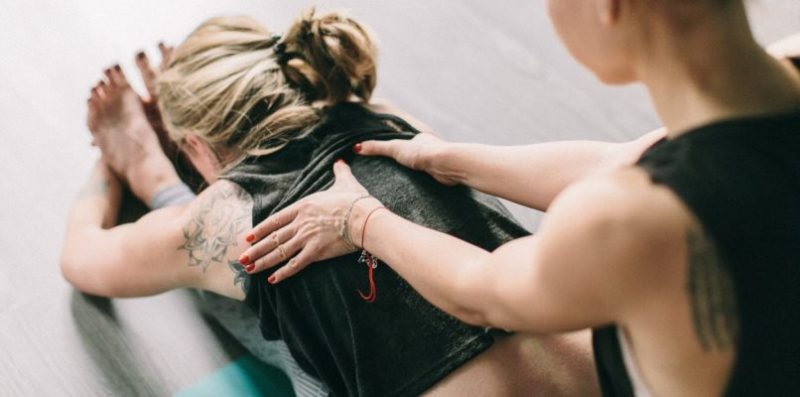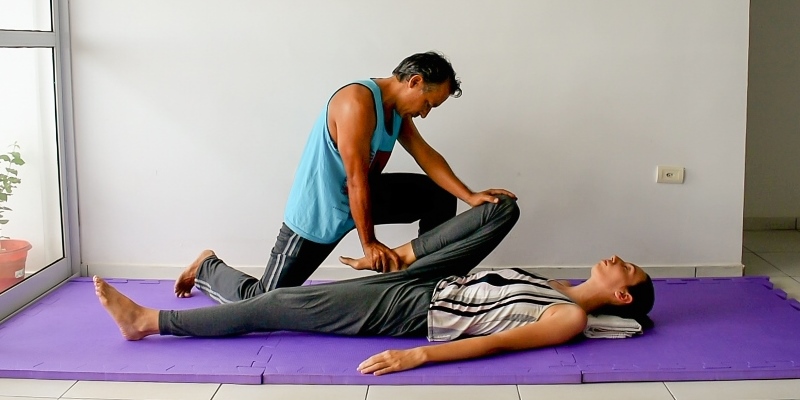
Most pregnant women, at some point or the other in their pregnancy, will experience increased fatigue and strain, notably in the legs, knees, feet & ankles, abdominal area, hips, pelvis, and the lower back.
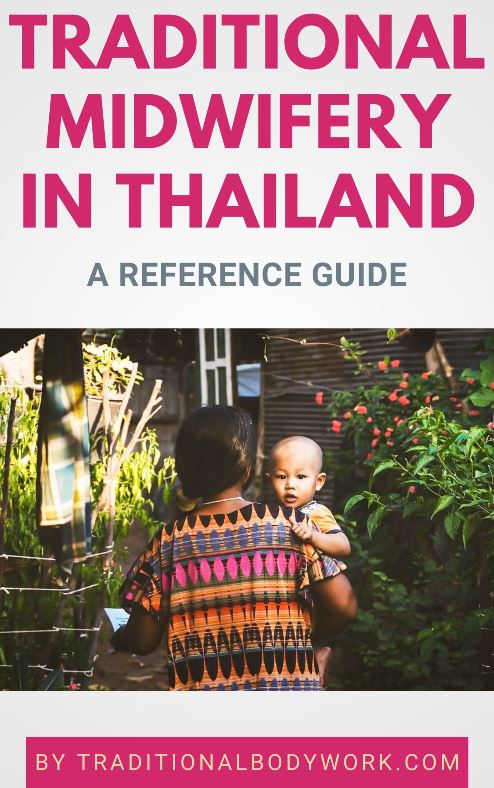
Depending on the individual case and the stage of pregnancy, all sorts of other health issues may appear: headaches, heartburn, mood swings, changed appetite, constipation, hemorrhoids, edema, morning sickness, frequent urination, pain in the neck and shoulder area, sleeping problems, breathing problems, anxiety and hypersensitivity, among others.
One part of discomforts is caused by the effects of hormonal changes that influence both body and mind. Another part is caused by more body weight due to a growing fetus, amniotic fluid, and supplementary blood plasma. Additionally, some women gain extra weight due to changes in appetite and metabolism, which nurtures an increased risk of strain and bodily discomforts.
Thai Massage can help to alleviate fatigue, help to stretch and relax muscles and joints, and increase flexibility and energy levels. Furthermore, it may help to ease certain side-effects such as headaches, dizziness, sleeping issues, constipation, hemorrhoids, anxiety and hypersensitivity, and so on.
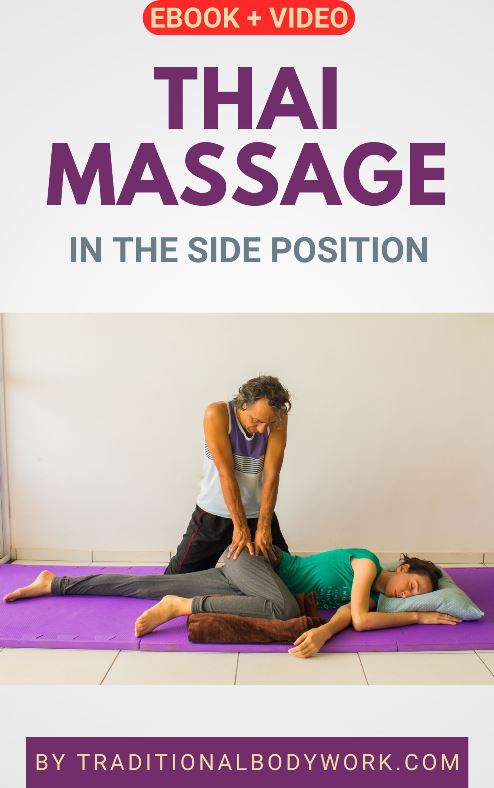
Pregnant women are not sick or disabled. They go through a natural process and therefore, first of all, simply the general Thai Massage precautions and contraindications apply. Additionally, surely, some extra pointers need to be taken into account.
For starters, we would only give treatments after the third month of pregnancy and up to the eight month (meaning we wouldn’t give sessions in the last month of the pregnancy).
We would avoid having pregnant women lying on the abdomen and we only very, very lightly massage the abdominal area. Most of the time we will give a session to pregnant women in the side lying position and/or lying on her back. By the way, many Thai Massage schools offer side-position courses and workshops.
Furthermore, the so-called Thai Massage blood stops should not be performed, and generally, we should avoid all exercises that would raise blood pressure substantially.
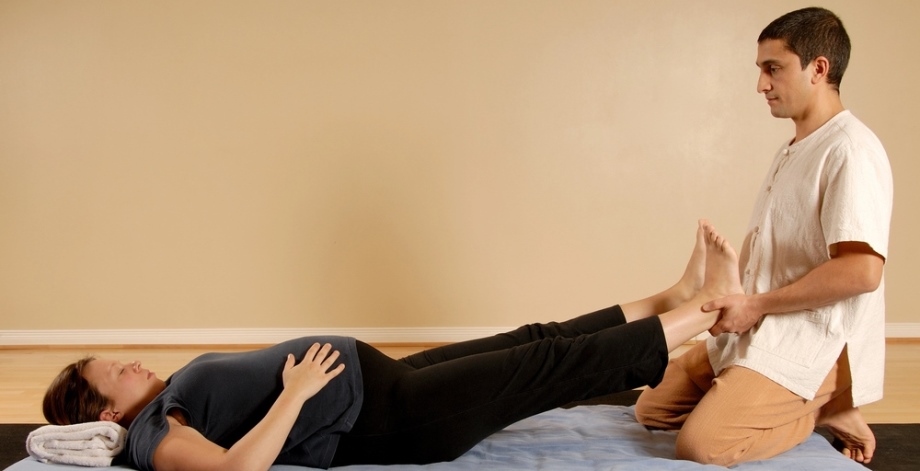
The afterbirth period can come with matters of general weakness and fatigue, postpartum depression, dizziness, stress and anxiety, pelvic and hip issues, hemorrhoids and constipation, general leg, back, abdominal, and articulation problems, diarrhea, urine incontinence, numbness, and other issues. Here also, Traditional Thai Massage can help supporting the mother in faster recovery by applying adapted postpartum massages.
In the past in Thailand, it were the so-called Moh Tum Yae — the Thai traditional midwives — who practiced caring for pregnant women and infants. It’s a fading profession, yet in contemporary times there’s renewed attention for this ancient folk wisdom. Today, there are courses, workshops, and also complete studies offered by certain schools, colleges & universities, and Traditional Medicine institutes in Thailand.


